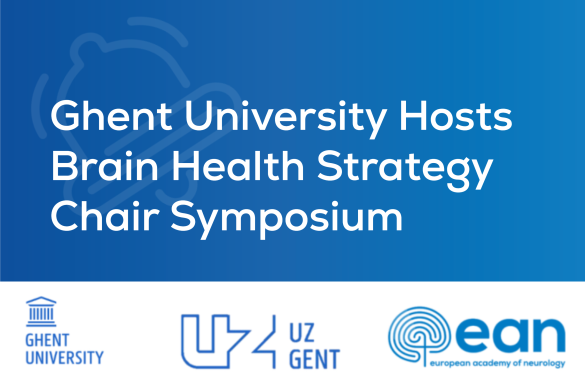by Claudio Bassetti, EAN President
The International Classification of Diseases 11 (ICD 11), maintained by the WHO and distributed globally, came into effect on 1 January 2022. The most notable change in the new set of classifications is that stroke has been reclassified as a neurological disorder, having previously been classed as a circulatory system disease for several decades.
The EAN welcomes this change, which accurately reflects the pathophysiology and symptoms of stroke that lead to mortality and morbidity, which are those of brain dysfunction. The new categorisation is also now consistent with that of other diseases listed under their respective organs in earlier iterations of the ICD.
We note, however, that with the exception of Alzheimer’s, which is classified in Chapter 8, ‘Diseases of the nervous system’, the dementia categories remain in chapter 6, ‘Mental behavioural or neurodevelopmental disorders’, reflecting clinical manifestations of dementia. It is our understanding that this classification was heavily influenced by scientific associations in the field of psychiatry, psychology and related disciplines.
The European Federation of Neurological Associations (EFNA) has expressed the view that dementias are degenerative neurological disorders due to their clear pathophysiology. This is a view that is shared by the EAN. We join our partners in the OneNeurology initiative in hoping that future iterations of the ICD will unite dementia categories under a single heading of diseases of the nervous system. Consolidation of all neurological disorders within one category would help to reflect their combined status as the leading cause of Disability Adjusted Life Years (DALYs) and the second leading cause of global deaths (both being third leading causes in the EU and WHO EU region).
We also join EFNA in urging the WHO and national governments to accelerate efforts leading to the implementation of ICD11 – including full integration of stroke into neurological health – to align with the latest scientific evidence and clinical practice. This will help to prioritise and distribute limited public resources according to the latest and most robust scientific evidence.














